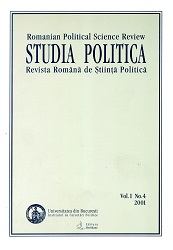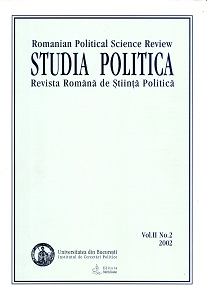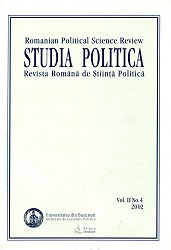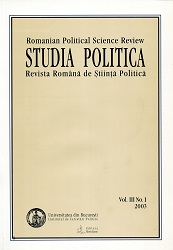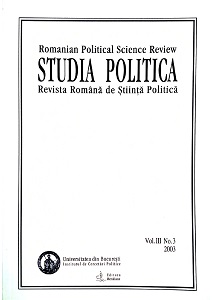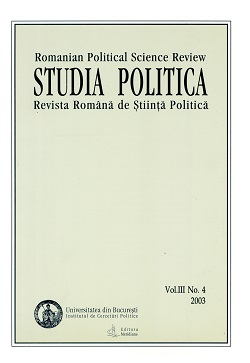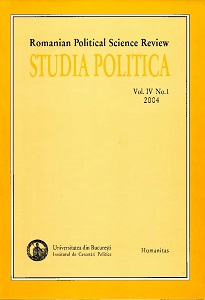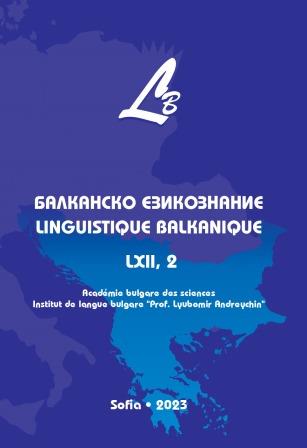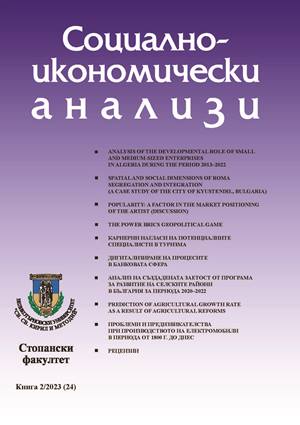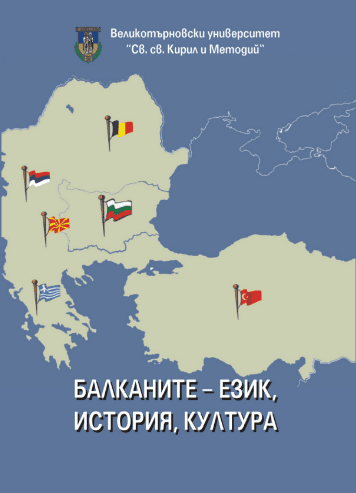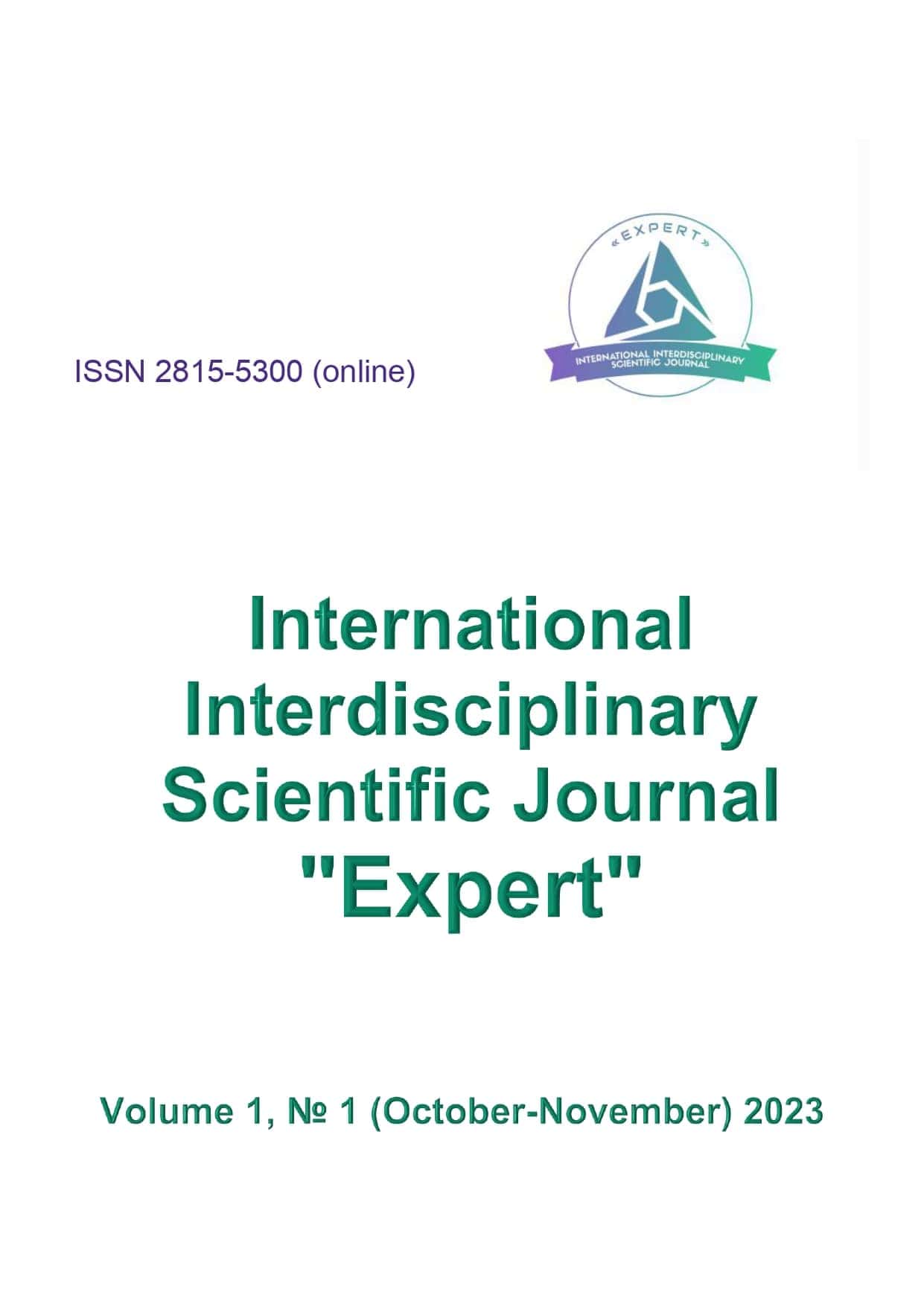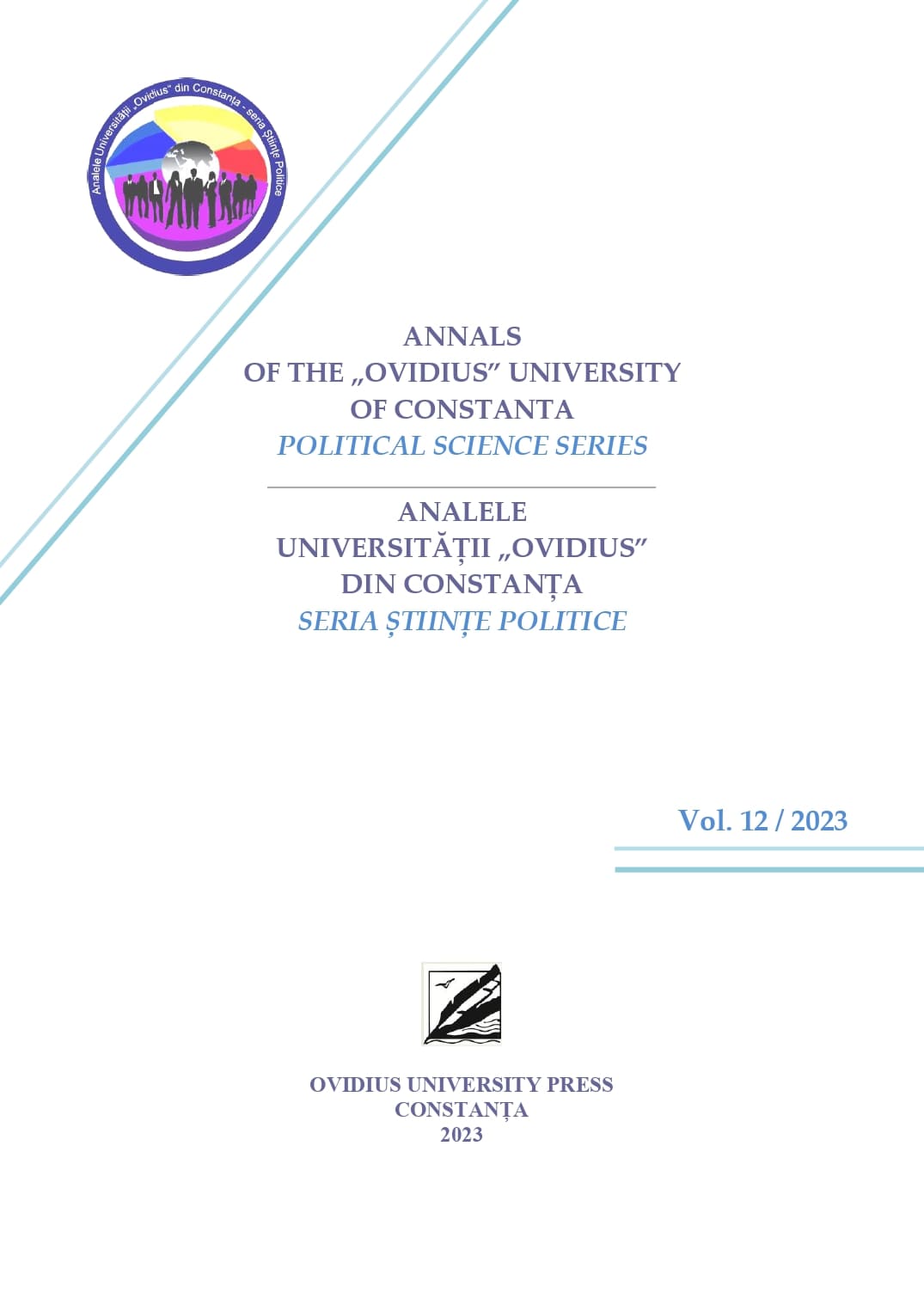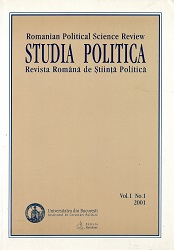
Machiavelli și machiavelismul în cultura română. Primele traduceri
Comment Machiavel est-il entré dans la culture roumaine, comment a-t-il été reçu? La réception roumaine de l’oeuvre du secrétaire florentin est analysée, tout au long du XIXe siécle, au niveau des commentaires, des reprises, des traductions et du vocabulaire. Sur un premier volet la lecture roumaine de Machiavel reprend les grandes lignes du débat européen sur la question. Cité, repris ou traduit surtout de maniére parémiologique, Machiavel est engagé dans la dispute politique roumaine de I’époque et il est également appelé a fournir des arguments en faveur de l’irredenta roumaine. Machiavel est donc moins regu comme penseur et fondateur de la politique moderne, qu’en tant que héraut de l’unité nationale, italienne et toute autre. En second lieu, l’examen du vocabulaire mis en oeuvre au niveau des traductions révéle tant le dégré de maturité conceptuelle de la langue roumaine, que la maniére dont les traducteurs roumains et leur public éntendaient comprendre et interpréter Machiavel.
More...
